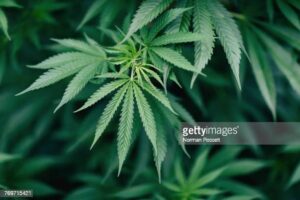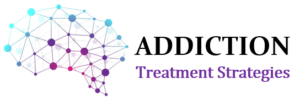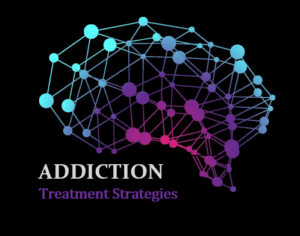The Mishaps of Marijuana
As things always happen to do, another trend has been resurfacing for the past decade, and that trend, is marijuana use. Marijuana seems to be a fairly common drug used by young adolescents and adults alike that gets its hype for not being quite as “lethal” as some of the other drugs out there. While this may be true to some extent, marijuana use can have its consequences, including early-onset schizophrenia in teen users, psychosis, and physiological complications in the heart and digestive system.
What is Marijuana?

Image by gettyimages
According to the NIDA, marijuana is a product extracted from the plant Cannabis sativa that can be smoked, inhaled, eaten, etc. (2021). There are two main types of Marijuana (arguably the most common forms that we hear about in the media): CBD and THC. Both of these chemical compounds are similar, in fact they have almost the same chemical structure, yet they have different effects when consumed by humans. CBD aka cannabidiol lacks the psychotic component—this means that it does not alter your mental state at normal dosages—and can be used to medicinally treat seizures, inflammation, chronic joint pain, IBS, migraines, and even mental disorders like anxiety and depression. On the other hand, THC aka tetrahydrocannabinol. THC does alter one’s mental state, causing the feeling of a “high.” THC alters your senses, mood, cognition and problem solving, impair your memory, and may even induce paranoid, hallucinations, and delusions if taken at high enough doses or used over a long period of time. Both CBD and THC act on endocannabinoid receptors in the brain to release dopamine, but the effects are very different (Holland, 2020).
How Does Marijuana Affect You?
For those addicted to marijuana, the most concerning aspect of the drug is the side effect of avolition, or the complete lack of motivation to do anything—this avolition can prevent you from wanting to bathe, dress, go to work, go to class, take out the trash, and take the necessary steps to managing your addiction (Pacheco-Colón, et al., R, 2018). In addition, early use of marijuana (teens and young adults) can induce schizophrenia, a chronic mental disorder characterized by hallucinations and/or delusions, disorganized speech, and avolition. Age, duration of use, and genetics play a large role in the development of schizophrenia from marijuana use, but the likelihood is much greater for those who use marijuana as teenagers (Pearson & Berry, 2019).
To Summarize:
First, remember that an addiction is a chronic relapsing disease where the structure and function of the brain have changed in response to the use of alcohol or a substance, including marijuana. Second, while marijuana may have some positive uses and may not be as deadly as alcohol or fentanyl, it can still be harmful to an individual who uses it without restraint. Marijuana can cause psychotic symptoms and even permanent brain damage, inducing schizophrenia in teens who use too early. Likewise, marijuana can lead to a lack of motivation, which can lead you to not want to do anything and make you complacent with occupations or circumstances that are less than ideal. Lastly, you need to harvest and maximize your potential, and overcoming your addiction to marijuana is a critical step towards doing so.
References
Torres, Felix M.D., MBA, DFAPA. (2022, August). What is schizophrenia? American Psychiatric Association. Retrieved January 28, 2022, from https://www.psychiatry.org/patients-families/schizophrenia/what-is-schizophrenia#:~:text=Schizophrenia%20is%20a%20chronic%20brain,thinking%20and%20lack%20of%20motivation.
Holland, K. (2020, July 20). What’s the difference between CBD vs. THC? Healthline. Retrieved January 28, 2022, from https://www.healthline.com/health/cbd-vs-thc#at-a-glance
National Institute on Drug Abuse. (2021, June 7). Marijuana drugfacts. National Institute on Drug Abuse. Retrieved January 28, 2022, from https://www.drugabuse.gov/publications/drugfacts/marijuana
Pacheco-Colón, I., Limia, J. M., & Gonzalez, R. (2018). Nonacute effects of cannabis use on motivation and reward sensitivity in humans: A systematic review. Psychology of addictive behaviors: journal of the Society of Psychologists in Addictive Behaviors, 32(5), 497–507. https://doi.org/10.1037/adb0000380
Pearson, N. T., & Berry, J. H. (2019). Cannabis and Psychosis Through the Lens of DSM-5. International journal of environmental research and public health, 16(21), 4149. https://doi.org/10.3390/ijerph16214149





Leave a Reply
Want to join the discussion?Feel free to contribute!